Introduction to Zooxanthellae
Zooxanthellae are microscopic algae that play a crucial role in the health and survival of coral reefs. These tiny powerhouses form a symbiotic relationship with corals, providing them with essential nutrients and energy through photosynthesis. Understanding zooxanthellae is key to maintaining thriving coral ecosystems, both in nature and in home aquariums.
The Science Behind Zooxanthellae
Zooxanthellae are single-celled dinoflagellates that belong to the genus Symbiodinium. These photosynthetic organisms reside within the tissues of coral polyps, where they convert sunlight into energy. This process not only benefits the zooxanthellae but also provides corals with up to 90% of their energy needs.
Coral tanks rely heavily on the presence of healthy zooxanthellae populations to maintain vibrant and thriving coral colonies. The relationship between corals and zooxanthellae is so intricate that it affects various aspects of coral biology, including growth, reproduction, and color.
Zooxanthellae and Coral Health
The health of coral reefs is directly linked to the well-being of their zooxanthellae populations. When corals are stressed due to factors like temperature changes, pollution, or excessive light, they may expel their zooxanthellae in a process known as coral bleaching. This leaves the corals vulnerable and can lead to their death if the stress persists.
To maintain a healthy reef tank, it's essential to create an environment that supports both corals and their symbiotic algae. This includes providing proper lighting, stable water parameters, and appropriate nutrition.
Products Supporting Zooxanthellae in Reef Tanks
AlgaGen has developed specialized products to support zooxanthellae populations in home aquariums:
Maintaining Zooxanthellae in Aquarium Environments
Proper maintenance of zooxanthellae populations is crucial for a thriving reef tank. Here are some best practices:
Best Practices for Zooxanthellae Maintenance
- Provide Appropriate Lighting: LED, T5, or T8; 10-20 watts per gallon; 10-12 hours per day
- Maintain Stable Water Parameters: pH 8.1-8.3; Temperature 72-82°F; Salinity 1.020-1.025
- Use Quality Saltwater Feeds and Supplements: Daily or every other day; 1-2% of tank volume
- Regularly Test Water Quality: pH, ammonia, nitrite, nitrate, calcium, magnesium, and alkalinity; Weekly or bi-weekly
- Avoid Sudden Changes: Temperature change 1-2°F per day; Salinity change 1-2 ppt per day
Incorporating saltwater feeds specifically designed for coral nutrition can significantly boost the health of zooxanthellae and, consequently, the overall well-being of your coral colony.
Zooxanthellae in Different Coral Types
Different coral species have varying relationships with zooxanthellae. Understanding these differences can help aquarists provide targeted care:
Soft corals and zoanthids also host zooxanthellae but may have different nutritional requirements compared to stony corals.
Future Research and Conservation Efforts
The study of zooxanthellae continues to evolve, with researchers exploring new ways to protect and restore coral reefs. Current areas of focus include:
Genetic Diversity
Various zooxanthellae strains adapted to different light conditions
Climate Resilience
Coral-algae symbiosis adaptations to temperature and nutrient changes
Reef Restoration
Innovative techniques like coral nurseries and artificial reefs
Home aquarists can contribute to conservation efforts by maintaining healthy reef tanks and supporting responsible coral propagation. Using products from the PhycoPure™ and Phyto-Plasm™ lines can help simulate natural reef conditions and support zooxanthellae health.
Conclusion
Zooxanthellae are the unsung heroes of coral reef ecosystems, playing a vital role in the health and survival of corals. By understanding and supporting these microscopic marvels, both in natural reefs and home aquariums, we can contribute to the preservation of one of Earth's most precious ecosystems. Whether you're a seasoned reef keeper or just starting out, remember that the key to a thriving coral tank lies in the delicate balance between corals and their symbiotic algae partners.
For more information on coral health and zooxanthellae, explore our Marine Fish Nutrition blog or check out our range of phytoplankton cultures to support your reef tank's ecosystem.

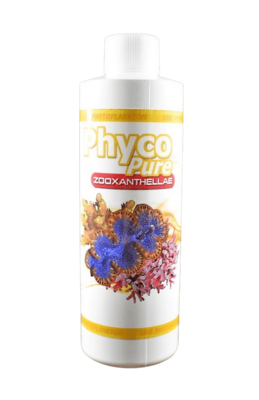
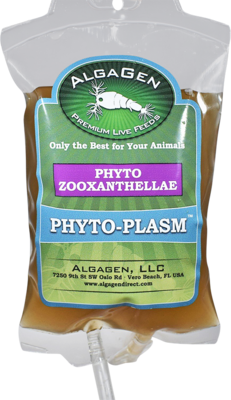
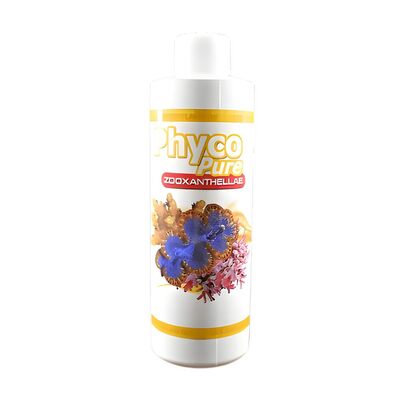
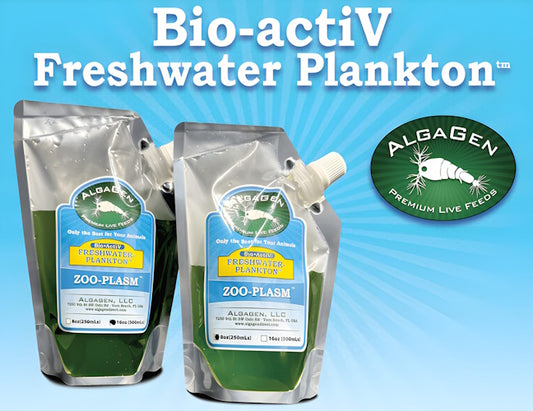
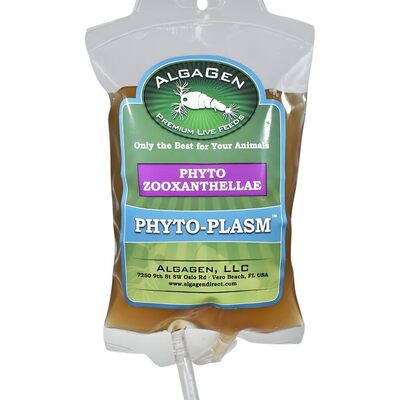
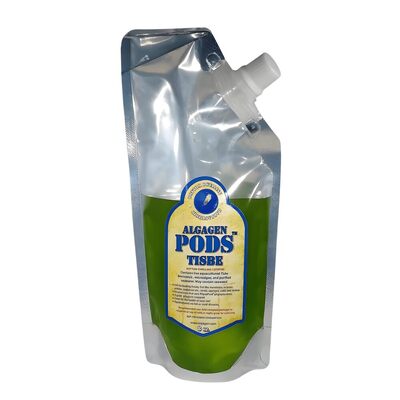
Recent post